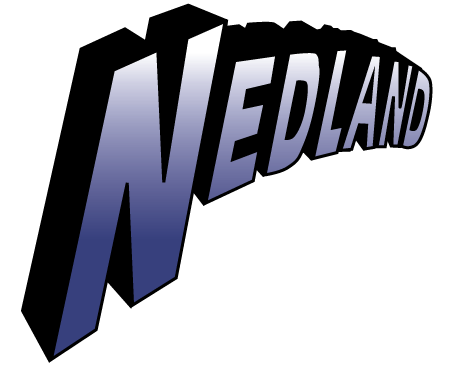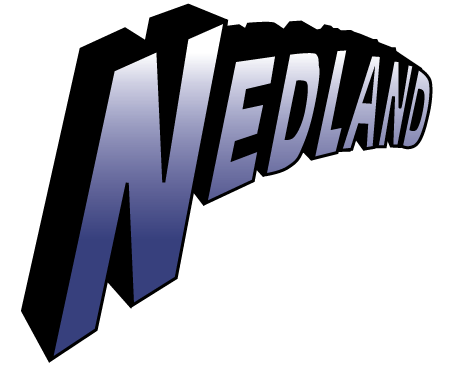It’s a question folks ask us from time to time, and we get it.
Whether you plan to climb behind the wheel of a roll off truck yourself or not, you’ll need drivers to scale. And if you’ve spent any time investigating the viability of a potential roll off business, you’ve likely discovered that we’re facing a trucker shortage. CDL drivers aren’t always easy to come by.
The good news: You can legally operate a roll off without a CDL—with some important caveats—and that may help you launch your business faster and access a larger pool of drivers.
Here’s what you should know.
The basics of roll off CDL requirements
Okay, let’s get down to brass tacks.
If your Gross Combined Weight Rating, or GCWR, is more than 26,000 lbs, then you absolutely need a commercial drivers license to legally operate.
But if you’re not starting out with a big roll off truck and, instead, you’re looking at a smaller, more maneuverable truck and trailer system, you’d be clear to haul boxes with a standard driver’s license. You just need to be sitting at a GCWR of 26,000 lbs or fewer.
Benefits of a CDL
Okay, so we’ve answered the question of if you can—what remains is if you should.
From where we stand, a CDL is still an awfully good idea:
- CDL programs help produce safer drivers—coursework includes safe driving techniques, vehicle inspections, and cargo documentation
- You can legally haul a larger pool of loads (provided you have the equipment to haul them)
- You’ll experience fewer law enforcement hassles—if a LEO or DOT officer sees you hauling something heavy and they don’t know you have a CDL, expect that you have a target on your back
What’s involved in getting your CDL?
If you plan to drive yourself and want to get your CDL, you can find a program at a local community college or technical school. It typically costs $1000-$6000, depending on whether you’re pursuing a class A or B license—and programs generally take 3-7 weeks to complete.
What if you don’t have a CDL and don’t want to get one—at least not right away?
You’re good, provided you start out with a smaller truck and trailer system with a GCWR of 26,000 lbs or under—that’s where law enforcement will get you right away. They’ll look at the tag on the inside of your truck door, the tag on your trailer, do a little math, and—bam! You’re looking at a fine.
(Something important to keep in mind: If you see yourself investing in a big roll off truck down the road, be sure to purchase a system with industry standard rails. Then, the boxes you buy today will be compatible with that larger truck waiting in your future.)
Can we derate your roll off trailer?
Yes, we sure can. If your trailer system has a capacity of 16,000 lbs but that puts your magic GCWR number over 26,000 lbs, we can put a tag on it for 14,000.
But think really hard about it before you do.
Once we derate your roll off trailer, it’s derated forever. If you get your CDL later, you’ll still be hauling a trailer that’s listed at 14,000 lbs.
It’s an option some people choose—and it’s worked out quite well for some, while it’s proven to be a choice others regret.
Getting a start in the roll off business
There’s nothing quite like owning a business and being in control of your own destiny. We’ve worked with customers who’ve been mighty darn successful—the local businesses that deliver superior service and peel away work from the large nationals.
But it takes some thoughtful planning to do it right—and whether or not you get your CDL is just the start.
Need a little guidance? We share some roll off business tips right here—and we’re always happy to share a little sage advice. Just give us a call.


